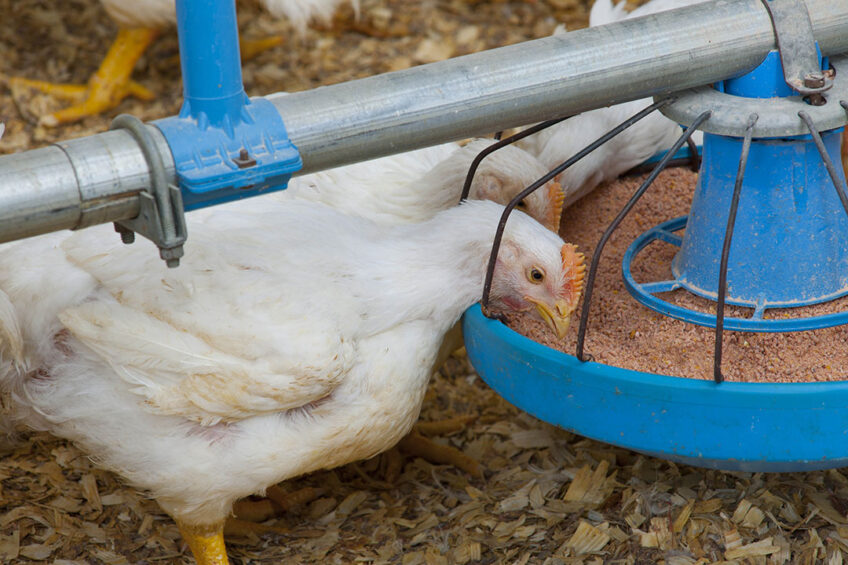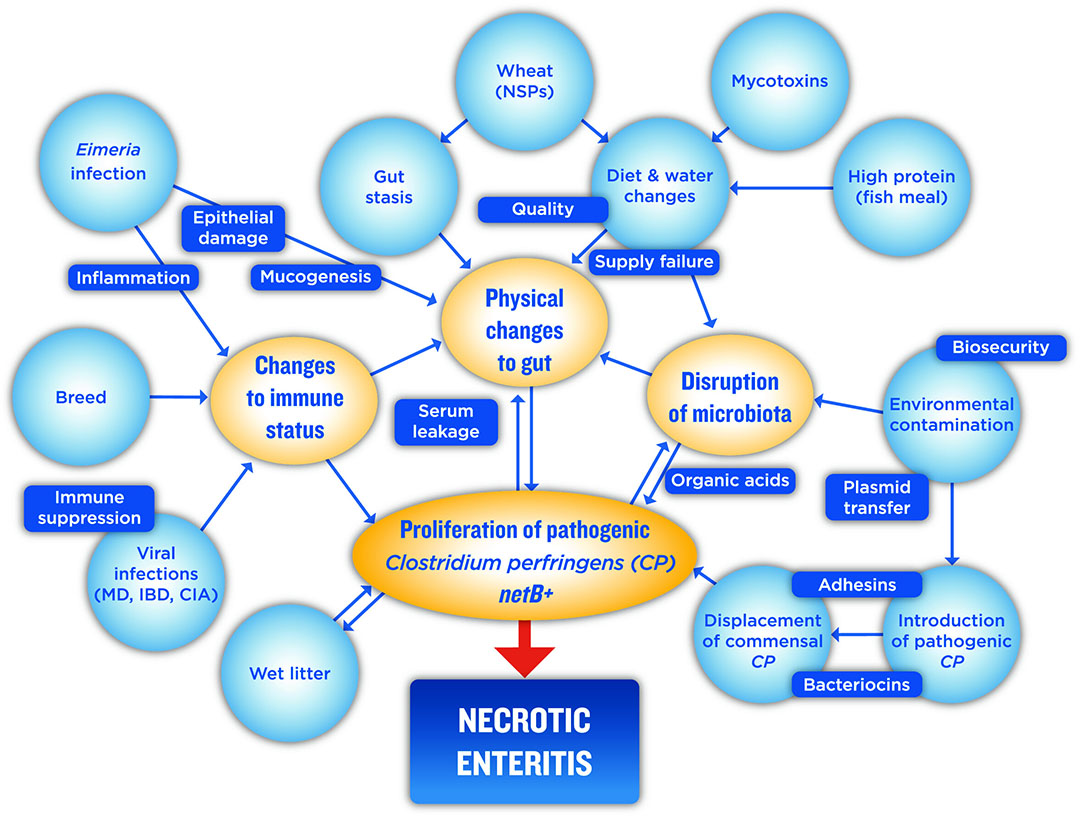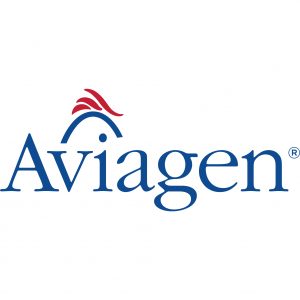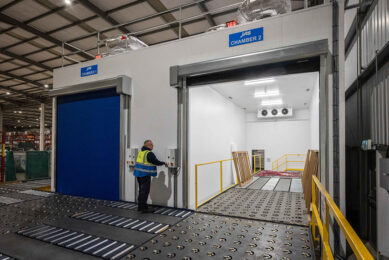Antibiotic-free and reduced antibiotic use in broilers: Control strategies for NE

The 3rd part of the Aviagen Focus Series on Antibiotic-Free and Reduced Antibiotic Use in Broiler Production focuses on Predisposing Factors and Control Strategies for Necrotic Enteritis. The summary below will provide you with the main points of this publication.
Necrotic enteritis (NE) is a bacterial disease caused by Clostridium perfringens (CP) that affects broiler chickens between 2-5 weeks of age. NE has been diagnosed worldwide, causing clinical and subclinical disease, leading to substantial economic losses due to mortality, added treatment costs, and reduced live bird performance.
During past decades, NE has been controlled by the addition of in-feed antibiotics (AB). However, voluntary or regulatory pressure to remove AB and ionophore type anticoccidial medications has resulted in a greater frequency of clinical and subclinical NE issues, and a growing challenge for the broiler industry.
Predisposing factors
Clostridium perfringens is the primary cause of NE in broilers.It is broadly accepted that the initiation and development of the disease is a complex process requiring a range of predisposing factors (Figure 1).
Figure 1 – Summary of predisposing factors for the development of NE in chickens. Predisposing factors are shown in circles, and the major effects of these are shown in ovals. Important factors that may drive the influence of the predisposing factors are shown in the small rectangular boxes. MD= Marek’s disease, IBD=Infectious bursal diseases, CIA=Chicken infectious anemia, NSP=Non-starch polysaccharides.
Source: Moore R. J. (2016). Necrotic enteritis predisposing factors in broiler chickens. Avian Pathology 45:3, pages 275-281. Reprinted by permission of Taylor & Francis Ltd.

Integrated control strategy
Based on current knowledge, it stands to reason that preventing clinical and subclinical NE is likely to be accomplished by an integrated management strategy.
Coccidiosis control
Rotation of anticoccidial medications or rotation between medications and vaccination strategies based on challenge levels and seasonal incidence must be considered to maximise coccidiosis control and reduce the incidence of NE. Consistent live coccidiosis vaccine administration, followed by proper brooding management, has been recognised as critical to avoid possible adverse effects and predisposing flocks to NE. Some operations have achieved benefits using live coccidiosis vaccination followed by in-feed administration of a non-ionophore anticoccidial such as decoquinate, robenidine or zoalene from 14 to 30 days of age.
When coccidiosis vaccination is part of a preventive strategy, bird stocking density is another important factor to ensure a balanced housing environment that will allow adequate live vaccine oocyst cycling.
Feed adjustments, management and alternative products
Optimal feed management (easy access, feeder space, and distribution) must be considered, and outages avoided with proper feeding and lighting management practices.
A number of alternative products have been proved to have NE preventive effects:
- Supplementation of enzymes (i.e., xylanase) to diets with wheat, barley, oat and rye.
- Dietary supplementation of young broilers with organic selenium or zinc.
- Probiotics or direct-fed microbials (DFM) containing Bacillus subtilis and B. licheniformis.
- Organic acids (formic, propionic, sorbic, butyric) have been used alone or in combination with probiotics to promote an acidic gut environment.
- In-feed administration of microencapsulated sodium butyrate.
- Oral administration of undefined-normal gut flora from adult healthy chickens..
- Other alternative products such as yeast cell wall extraction products containing mannan-oligosaccharides (MOS) or β-glucans, short-chain fatty acids (SCFA), numerous plant extracts (phytochemicals), such as tannins and essential oils (EOs) and their compounds (thymol, carvacrol, eugenol, citronellol), tannin-rich plants such as muscadine, chestnut, grape pomace, grapeseed, quebracho contain products (phenolic and flavonoid compounds).
Chick quality, brooding and house management
Ensuring the production and consistent supply of quality chicks is of the utmost importance to support antibiotic-free (ABF) programmes and reduce the risk of NE in broilers. Good brooding and growing conditions are critical to reduce the incidence of NE during the first four weeks of life:
- Using infrared thermometers to monitor uniform bedding temperatures before chicks are placed, and digital ear thermometers to measure chick vent (rectal) temperatures to evaluate hatching, transport, and brooding conditions.
- Placing LED lights along the water and feed lines to attract chicks to feed and water.
- Cleaning water lines and drinkers to remove biofilms during down-times.
- Brooding paper at chick placement with dispersed crumbled feed help get flocks off to a good start.
- Checking “crop fill” to evaluate the quality and uniformity of brooding practices.
- Using alternative products to help promote normal intestinal flora development and reduce the incidence of NE in ABF production systems.
Control litter moisture by using circulation fans and proper drinker management. In dirt floor houses, where previous outbreaks have been linked to high spore soil counts, it may be helpful to conduct a thorough house cleaning and disinfection followed by the addition of NaCl (2.9-3.7 kg/m2 or 60-75 lb/1000ft2).
Future control options
Future research on NE may:
- Better explain the mechanisms that encourage pathogenic CP proliferation.
- Further identify factors that could be targeted by alternative products and/or combined strategies.
- Provide an understanding of alternative products.
- Identify specific biomarkers and develop diagnostic tools that could help monitor intestinal health, allow early detection of flocks at risk and even differentiate between coccidiosis and NE.






